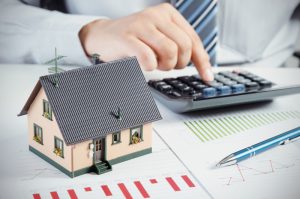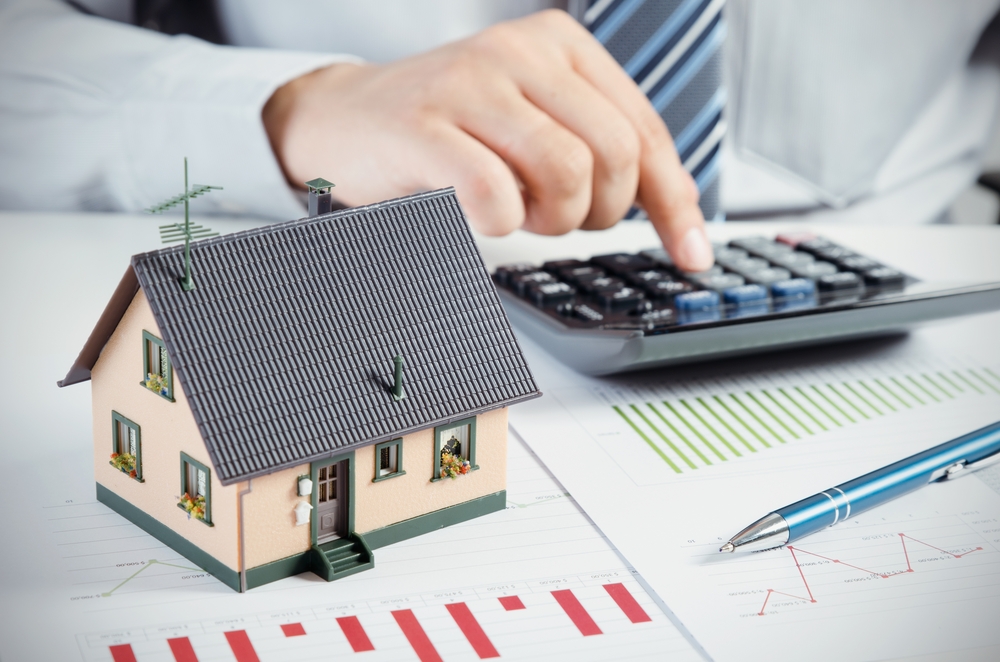 Conventional wisdom says that it’s better to buy a home than to rent. As a homeowner, you build equity in your home which can serve as an investment in your future. While demand and prices will vary from region to region, with current mortgage rates, it may be cheaper to own right now than to rent in some regions because of an increased demand for rental properties. This can be a benefit for those who are interested in becoming a first-time homeowner or moving to a larger home.
Conventional wisdom says that it’s better to buy a home than to rent. As a homeowner, you build equity in your home which can serve as an investment in your future. While demand and prices will vary from region to region, with current mortgage rates, it may be cheaper to own right now than to rent in some regions because of an increased demand for rental properties. This can be a benefit for those who are interested in becoming a first-time homeowner or moving to a larger home.
But before you make the big move, it’s important to remember the hidden costs of ownership.
1. Moving Costs
This can be more than the cost of transporting your belongings from one home to another. If you’re moving from an apartment to a house, it’s likely that you’ll need additional furnishings to fill the extra rooms.
Also, unless you buy a house that is “move-in ready” it’s likely that you’ll need to invest in some home renovation projects to truly make your home your own. Even if you plan to do the work yourself, make sure you’ve factored the cost of materials into your budget.
2. Homeowner Association Fees
Many new homes are connected to housing associations (HOAs). These can bring the benefit of neighborhood amenities and neighborhood-wide landscaping, snow removal, etc. It can also add a monthly fee of $200-400 a month.
3. Utilities
The larger your home, the more it may cost you to keep the lights on and the inside temperature comfortable. Before you buy, try to get a sense of what the average monthly utility bills can be. Whatever they are, you should factor them into your decision. You may also need to spend money to upgrade your home.
Utility Companies across the country now offer home assessment programs that are designed to help homeowners make their homes energy efficient. Some can even offer special financing and tax incentives to help offset the cost of home improvements that can lower your energy bills.
4. Mobility
Depending on where you live and what you do, mobility may factor into your decision. Being a homeowner is a great long-term investment, but only if you plan to stay somewhere for the long-term. Does your career path demand that you can pick up and move? If you have children, are you buying in an area that provides access to a suitable school system?
5. Living La Vida Landlord
Some enterprising homeowners try to offset the cost of a home by investing in a property where they can rent out an apartment, a separate side of the property or a floor as a long-term apartment or vacation rental.
Just make sure you understand the risks and challenges of being a landlord. For example, do you live in an area that’s likely to get renters? If you belong to an HOA are there any restrictions on renting? Do you have a method to screen out problem tenants? If not, you could find yourself losing more than you get back.
The Grand Total
Once you’ve factored in all these costs, ask yourself how much of your monthly income you will be spending on your home. Most experts agree that your house-related payments (mortgages, taxes, insurance) shouldn’t exceed 28% of your pretax income.
If you find that you’re spending significantly more than that, you may be biting off more home that you can afford.
Looking for more help? Schedule a free counseling session today or call us at 800-920-2262.






